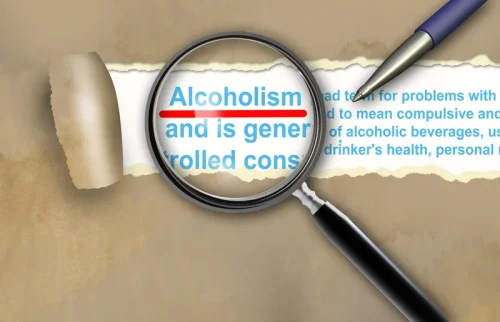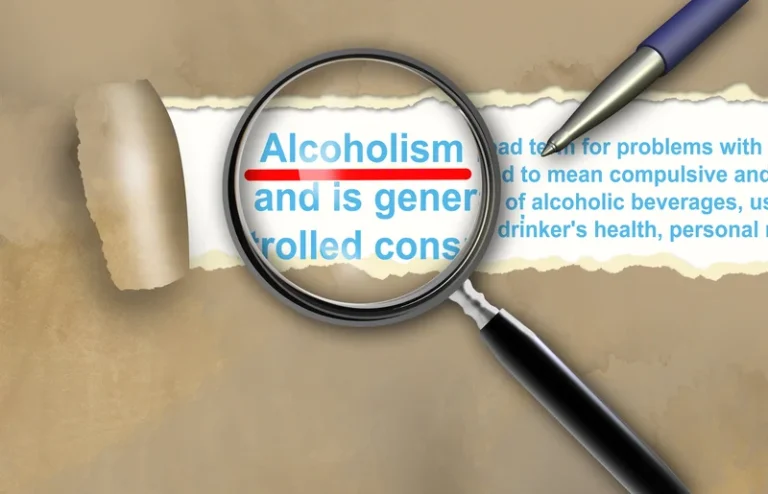Living with an Alcoholic Spouse: The Risk of PTSD and How To Heal

Studies have found that chronic alcoholism can adversely impact the entire family, including a spouse. Spouses have to struggle with the severe psychological impact that comes from the effects of living with an alcoholic spouse. This can extend to psychological stress and depression in spouses, with an increased risk of intimate partner violence or aggressive behaviors. Alcohol abuse represents more than habitual alcohol consumption. It represents a significant mental health disorder, one which manifests in an unhealthy pattern of alcohol abuse and potential harm to the individual and their close family, including spouses. The person in recovery will require additional support after treatment and therapy.
- Remember, setting boundaries is crucial for maintaining your well-being and protecting the relationship when dealing with a spouse battling alcoholism.
- There is a lot of information online about how to find a support group in your local area, and you can offer to accompany your loved one when they attend.
- Enabling behaviors inadvertently allow your spouse to continue their harmful pattern.
- Therapy can also help partners manage feelings of guilt and anger while finding their own path to healing the PTSD from an alcoholic spouse.
RESOURCES
They may experience a diverse spectrum of emotions from seeing someone they care about sliding into addiction. Supporting relapse prevention is an integral part of the recovery process. Help your spouse create a supportive environment by removing triggers and temptations from the home. Encourage them to attend support groups, such as Alcoholics Anonymous (AA), where they can connect with others who are going through similar experiences. Additionally, provide emotional support and be patient during their journey, understanding that setbacks may occur.
How to Cope with PTSD from an Alcoholic Spouse
A relationship with someone with an alcohol addiction is rarely fulfilling. It’s also important to know when a situation could escalate and/or threaten your safety and well-being or that of another family member. Eventually, your spouse may come to you and express an interest in recovery. It is important to act fast because the determination to get help can fade as quickly as it appeared. It’s good to talk about how your spouse’s alcoholism is affecting you, and your marriage, but make sure you choose your words carefully. Remember, a good temper is much more likely to have a positive effect on your spouse in the long run.

Sources of support
Moreover, in Indian society, marital separation owing to drinking problem is still considered more stigmatic than staying in a conflicting discordant relation. The consequences of marital separation for the children are so overestimated that females do all they can to change their partner’s drinking problem for the sake of maintaining the marriage. Many a times, in initial few years of problem, they begin with tolerant styles; however, a hope to get things better leads to more of engaged coping. Such styles when employed over years without any positive outcome ultimately compel the wives to engage in withdrawal coping. It can be very difficult to know how to help an alcoholic parent, particularly as many children’s emotional and mental health can suffer as a result of a parent’s drinking. If you have a parent with a drinking problem, the most important thing to remember is that it is not your fault and that you don’t deserve to be treated badly.
You need to find support during this process – not just to help you heal but also to help you remain strong and committed to your decision. Finding a therapist or counselor to help you process things will be essential. So long as you stay with your alcoholic spouse, you’ll be sharing the responsibility for those bad decisions.

We work hard to include essential family members in the overall recovery program, especially as individuals need continual support and outpatient care. She also says a parallel sickness can simultaneously develop between the alcoholic and family members. Family members are negatively affected by the alcoholic’s compulsive behavior. A 2016 study published in the Industrial Psychiatry Journal explained that an obsession with drinking causes alcoholics to living with an alcoholic partner forget about their relationships and the needs of their loved ones. Laura Lander, assistant professor at West Virginia University’s Department of Behavioral Medicine and Psychology, agrees. Let’s start by taking a look at the warning signs of alcoholism.

Kristeen Cherney is a freelance writer and PhD candidate who specializes in covering topics related to mental disabilities, women’s health, skin health, diabetes, thyroid disease, asthma, and drug addiction allergies. She’s also currently working on her dissertation, which explores intersections of disability studies and literacy studies. When she’s not researching or writing, Cherney enjoys getting outdoors as much as possible. When living with someone who has AUD, it’s important to understand that you didn’t cause the addiction.
